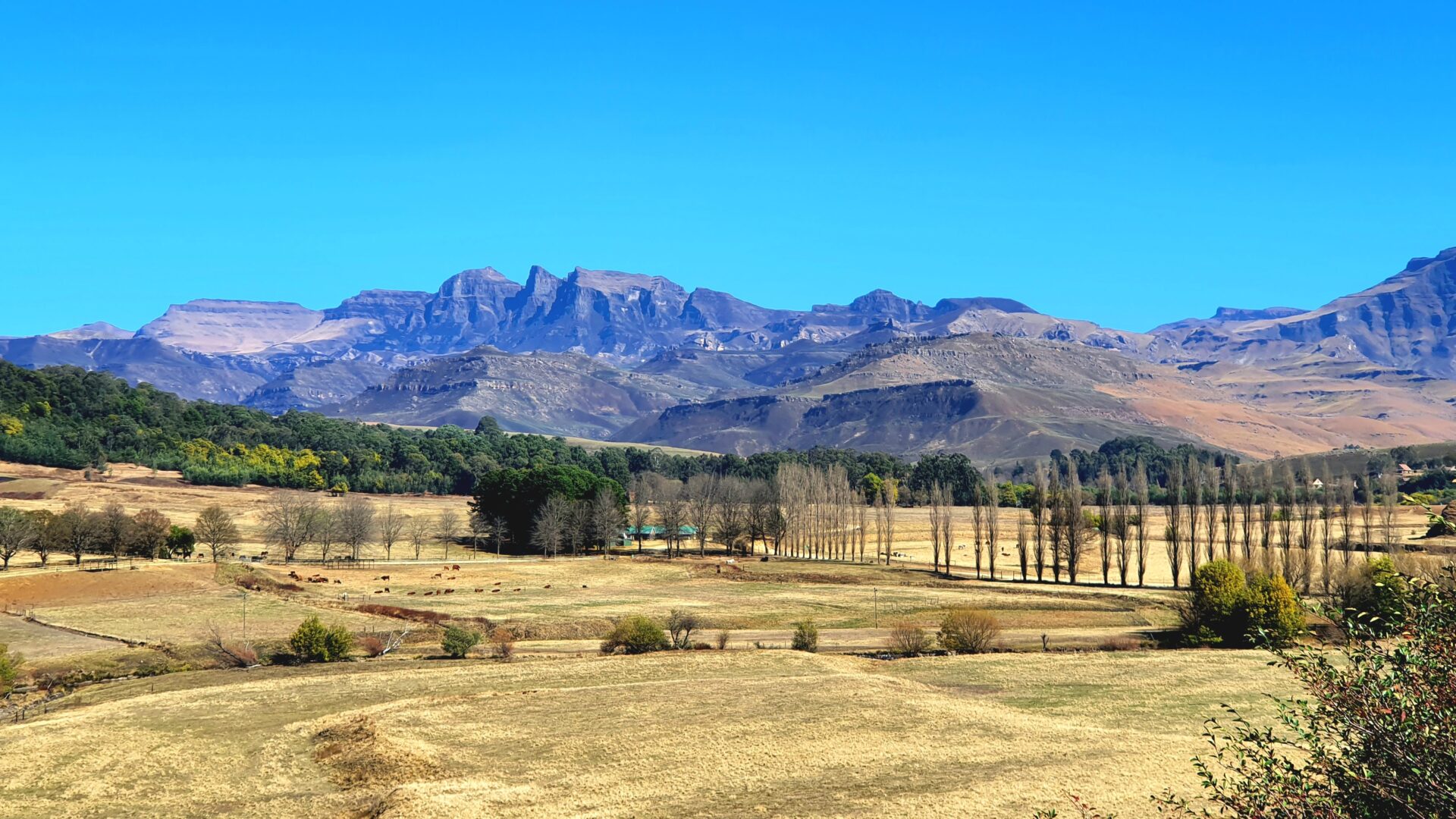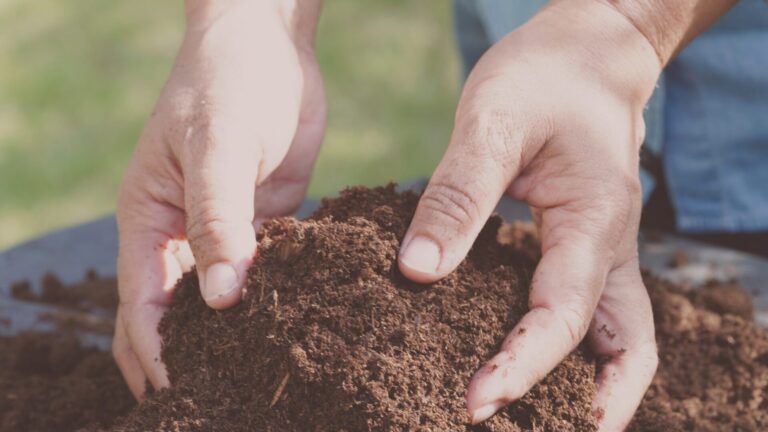The first time I became minimalist was when I was living in a small apartment in Paris. I was living in a 11m2 student studio, but like most people living in an over-consuming society, I had so much stuff. The small space was filled with things that I no longer served. I believed that I needed them and they can be served one day. But most of the time, they stay in the closet for years.
Now that I am no longer a student, I have more space in my apartment, but I still keep the habit of keeping only a few things at home for different reasons. I do it because I want to take too many resources from the earth and throw them out after using them for a short period of time. I stopped buying new clothes from fast fashion. I try to find things second hand, so that I don’t consume extra resources.
Although I am getting really good at not buying things by impulse, I do struggle sometimes. It is hard to stop buying things, especially when we live in a society where over consumption is normalized. We are constantly triggered to buy new things; new clothes, new shoes, new gadgets, etc. The earth can’t provide in order to satisfy our needs if we continue living like this.
“Why is it so hard for us to consume just enough to survive without excess?”, I wondered. It was by learning about hunter-gatherer societies that gave me some ideas on how to achieve it.
Why is it so hard for us to stop buying?
As Christmas approaches, we are all in the mood to shop. We buy gifts for our loved ones as well as for ourselves during this season. Most of us who are living in well-developed countries have enough materials to survive and live comfortably: shelter, food, hygiene. Yet we never feel like we have enough, living in the current society. There is always more stuff that we can buy; a new house, a new car, a new phone… the list goes on.
In human history, we learn to consume to have surpluses after the Agricultural Revolution, according to the book by an anthropologist James Suzman’s “Affluence Without Abundance: The Disappearing World of the Bushmen.” It is when humans started to settle and cultivate crops that we rely on surpluses for our survival. Under the bad climate, surpluses are the only way to survive in agricultural societies. We need more stock to survive.
Hunting and gathering is also dependent on the climate and the environment for our survival. In hostile environments, humans needed to work hard to acquire enough to eat. However, they weren’t dependent on a few crops for their survival. When they can’t find one type of food in their environment, there are other sources of food that they could still rely on. In other words, they didn’t need to rely on surpluses.
Now the food producing and conserving technology is getting much better, we don’t need to stock as much for survival. We can be more like hunter-gathers that aimed for “having few material wants, and those few wants were easily met with limited technologies and not too much effort.”
Are you tired of working long hours?
Another puzzling aspect of contemporary society is that we now have technologies to satisfy our basic needs without much effort, but we are still working long hours to make a living. With technological advancement, we should be working less, right? The average worker works about 40-50 hours a week in Japan.
In contrast, according to the study of hunter-gathers called Ju’/hoansi in 1964 by Richard B. Lee, they only worked 17.1 hours a week to satisfy their nutritional needs. Women only worked 12 hours a week, gathering food. They are free from work for the rest of the day.
Being a minimalist is also about changing our priority. How long do we need to work to satisfy our basic needs? If we don’t constantly need new stuff, we don’t need to work as much. Instead we can have more time for leisure and less stress.
We worry about the future
Even minimalists worry about our future. What our retirement will be like. To retire, we need a huge savings to support the level of life that we currently have. So we start saving for the future. We are back to the mindset that we need to have surpluses for our survival again.
When the hunter-gatherer societies shifted to the agricultural societies, the belief system also changed. When Suzman studied how hunter-gatherers lived, he found out that hunter-gatherers believed that nature will provide for them in the future. Nature is productive whether or not we work. They considered themselves as a part of their environment.
With the rise of agriculture, we started to see ourselves as separate from the environment in order to manipulate them. Our survival is based on the work we put in. If we don’t work, we don’t get to eat. It takes a lot of work to control the environment to produce.
Since then, we are getting good at manipulating the environment and producing food and goods. We don’t really need to work hard to produce. Instead, we need to worry about whether we will have enough resources for the future. Just like how hunter-gatherers had once lived, we can stop stocking so many goods for the future, but start believing that the environment will provide for us if we don’t take more than we need.
Equal and happy
In developed countries, we notice that people are generally unhappy. The depression rate is going up. We live individually, more isolated than our ancestors were. Work became an important part of our well-being. That is also why people work so hard. That’s where they socialize.
I find it really stressful to socialize in the current society. We want to connect with each other, but we are in constant comparison. Even at work, we need to constantly show that we are better and deserve to be paid more. When other coworkers get promoted, we suffer. When we get promoted, other people suffer and are jealous.
Another interesting thing about hunter-gatherer societies is that it was egalitarian. No one couldn’t think he was a chief or a bigger man. Hunted meat was distributed equally to everyone. Because there were no surpluses, everyone was equal.
We know that equality is an important value in our society, but hunter-gatherer societies show us how important material equality is important for our happiness. The desire to buy more goods usually comes from our desire to have more than our neighbors. If others have newer and better stuff, we also need to have them too. If we really want to consume in moderation, equality would be the key.
New hybrid society
By learning about hunter-gatherer societies, we can find the key to sustainable living. Humans have been living by hunting and gathering way longer than living in agricultural societies. Our brain hasn’t adjusted to the change. Even in the abundant societies, we are still in survival mode, fearing that we might not have enough in the future.
There have been great technological changes in the past 100 years. Most of us don’t need to work in the field to get food. We don’t need to learn to build to have shelter. We can even entertain ourselves by watching TV, scrolling on Social Media, playing games and sports.
I don’t think we need to go back to live like hunter-gatherers, but we can surely learn from how they lived. It is time to change how we consume and satisfy our desire, so that we will be happier without taking so much from the earth.









